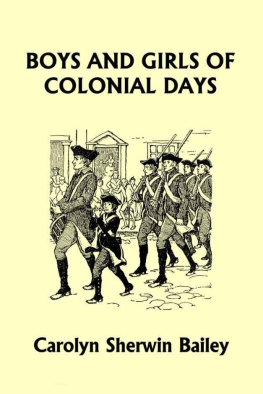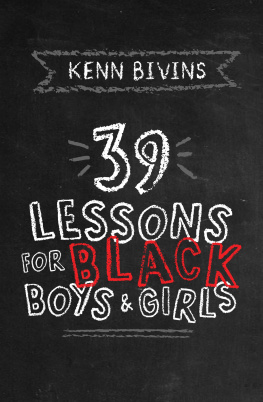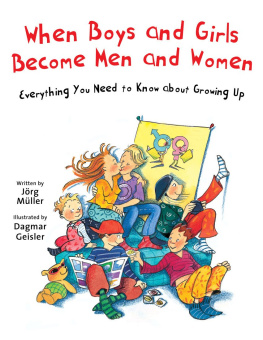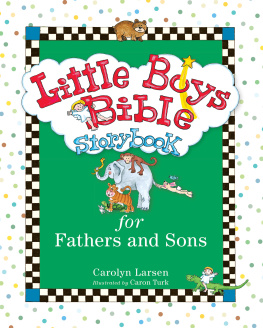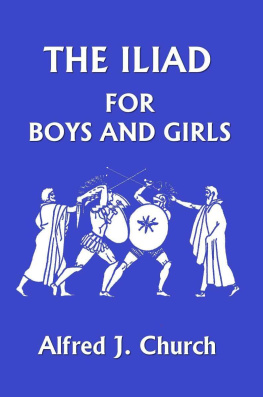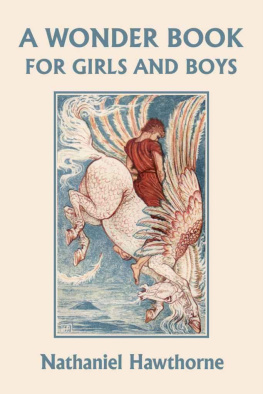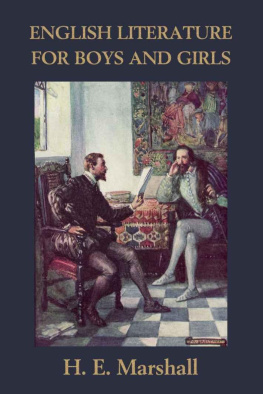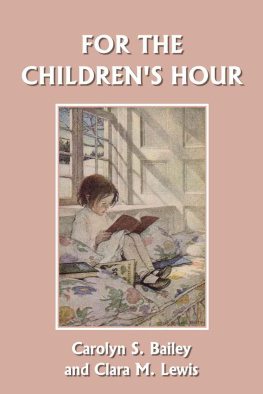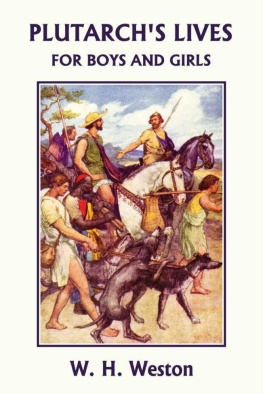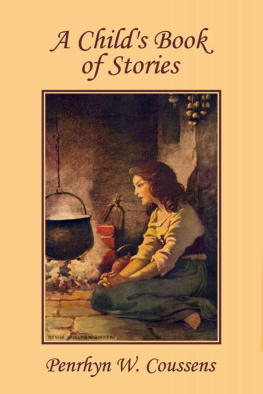Boys and Girls of Colonial Days
by
Carolyn Sherwin Bailey
Yesterday's Classics
Chapel Hill, North Carolina
Cover and Arrangement 2010 Yesterday's Classics, LLC
All rights reserved. No part of this book may be reproduced or retransmitted in any form or by any means without the written permission of the publisher.
This edition, first published in 2010 by Yesterday's Classics, an imprint of Yesterday's Classics, LLC, is an unabridged republication of the work originally published by Grosset and Dunlap in 1917. This title is available in a print edition (ISBN 978-1-59915-246-2).
Yesterday's Classics, LLC
PO Box 3418
Chapel Hill, NC 27515
Yesterday's Classics
Yesterday's Classics republishes classic books for children from the golden age of children's literature, the era from 1880 to 1920. Many of our titles are offered in high-quality paperback editions, with text cast in modern easy-to-read type for today's readers. The illustrations from the original volumes are included except in those few cases where the quality of the original images is too low to make their reproduction feasible. Unless specified otherwise, color illustrations in the original volumes are rendered in black and white in our print editions.
Contents
The Pink Tulip
P EERING over the edge of the boat rail, Love strained her weary, blue eyes for a glimpse of land. The sun, a ball of soft, gold light, showed now through the haze, and suddenly, like a fairy place the city appeared. There were tall, shining towers, gold church spires, pointed roofs with wide, red chimneys where the storks stood in one-legged fashion, and great windmills with their long arms stretched out to catch the four winds. Amsterdam, in Holland, it was, the haven of this little boat load of Pilgrims.
Love Bradford, ten years old, flaxen haired, and as winsome as an English rose in June, wrapped her long, gray cloak more closely about her and turned to one of the women.
"Do you think that my father may have taken another boat that sailed faster than this and is waiting for me on the shore, Mistress Brewster? The last words that he said to me when he left me on the ship were 'Bide patiently until I come, Love; I will not be long.' That was many days ago."
Mistress Brewster turned away that the little girl might not see the tears that filled her eyes. Love's father, just before the ship that bore the Pilgrims from England had sailed, had been cast into prison by the King, because of his faith. Love was all alone, but Mistress Brewster did not want her to know of her father's fate.
"Perhaps your father will meet you some day soon in Holland. Surely, if he said that he would not be long, he will keep his word. See, Love, see the little boy of your own age down there in the fishing boat."
Love looked in the direction in which the woman pointed. A plump, rosy little boy with eyes as blue as Love's own and dressed in full brown trousers and clumsy wooden shoes sat on a big net in one end of the boat. He looked up as the sails of the little fishing craft brought it alongside the boat that bore the wanderers from England. At first he dropped his eyes in shyness at sight of the little girl. Then he lifted them again and, as his eyes met hers, the two children smiled at each other. It was like a flash of sunshine piercing the gray haze that hung over the sea.
There were friends waiting on the shore for all save Love. Older brothers these were, fathers and other relatives who had made the pilgrimage from England a few months before and had homes ready for them all. They climbed a long hill, very flat on the top, and reached by a flight of steps. Then they were as high as the trees that lined the beach and could look over the narrow streets, the tidy cottages with their red roofs, and the pretty gardens. There were many little canals, like blue ribbons, cutting the green fields.
"Welcome to Amsterdam!" said a Dutch housewife, in wide white cap and apron, who met them. She put her hand on Love's yellow hair. "And in which house are you going to live, little English blossom?" she asked kindly.
Love looked up wonderingly into her face and there was a whispered consultation between Mistress Brewster and the Amsterdam woman. "Poor little blossom! She shall come home with me. There is always room for one more in the stork's nest," the Dutch woman said kindly. She took Love's hand and led her away from the others, and along the canal.
The house where they stopped was very odd indeed. It was made of red and yellow bricks and it stood on great posts sunk deep into the ground. Opening the white door that fairly shone, it was so clean, they were in the kitchen. Such a kitchen it was, so cosy and so quaint! The floor was made of white tiles and there was a queer little fireplace. It looked like a big brass pan filled with coals, and there was a shining copper kettle hung over it by a chain from the ceiling. The kettle bubbled and sang a cheerful welcome to Love. There were stiff white curtains at the windows and, on the sill of one, was a row of blossoming plants. Blue and white dishes and a pair of tall candlesticks stood on a shelf. Love could see a bright sitting room beyond and another room where there was a strange bed built in the wall, and stretching almost from the floor to the ceiling.
THE KETTLE BUBBLED AND SANG A CHEERFUL WELCOME TO LOVE
"Jan, Jan," the woman called. "Come in from the garden and offer your new little English sister a seed cake. You may have one yourself, too. You have long wished for a playmate and here is one come to live in the house with you."
The door opened slowly and in came Jan. He did not look up at first. Then his eyes caught Love's. It was the little boy of the fishing boat. His dear mother it was who had offered to take care of lonely little Love.
"You may help me drive the dogs that draw the milk wagon," Jan said to Love the next morning after they had become very well acquainted over their breakfast of milk and oatmeal cakes.
"And so I can help to earn money for your kind mother," Love said with shining eyes.
Jan had two dogs and a little two-wheeled cart to which he harnessed them every morning. Into the cart his mother put two shining pails of milk and a long handled dipper for measuring. To-day she put in some round, white cheeses and golden balls of butter. Off started the cart along the narrow street with Love running gaily along one side and Jan clattering along in his wooden shoes on the other side. The dogs knew where to stop almost as well as Jan did for they had made the trip so many times. The cheese and butter were soon gone, and every one had a pleasant smile for the little English lass. At one cottage, a Dutch housewife brought out a strange, earth-colored bulb that she put in Love's hands. Then, smiling down into the little girl's wondering face, she said:
"It is a rare one indeed. I give it to you that you may plant it and tend it all winter. When the spring comes, you will have a finer one than any child in all Amsterdam."
JAN AND HIS DOG CART
Love thanked the woman but she puzzled over the hard, dry bulb as she and Jan walked home beside the empty cart. "It looks like nothing but an onion. What good is it, Jan?"

